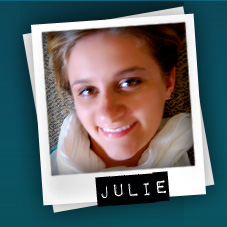
When a student enters the Regent University Library website and clicks into the databases icon, they have the option to begin with “starting points.” What is a starting point? It is a place to begin. New media technologies are re-creating the academic environment and Wikipedia is a leader in this online learning. There is no resisting the change that new media is bringing to academia and technology will continue to change academia’s environment. In the online world of articles, books, blogs and wikis, a place to begin is crucial. Wikipedia is that place to begin.
The historic Socratic method teaches that discussion, including question and answer, is the method that best highlights new ideas and brings greater understanding to an audience. This kind of learning occurs through the sharing and discussing of ideas. Wikipedia serves as a communication technology that allows for the sharing and critiquing of information about various topics. It is a place where all can come to edit, share, gain and critique information. Wikis have made the goals of post-modernity possible by allowing for the voices of many people, educated or not, to be heard. Culture is an influential and ever-changing factor in academic study and Wikipedia’s open environment allows for a more culturally influenced perspective. It does not limit information sharing to a particular group, educated or not. The presentation and critique of various ideas is a cornerstone in higher education, and technologies like Wikipedia help make new ideas and perspectives available.
Still, Wikipedia is not peer-reviewed or mediated. The only mediation is the editing available to everyone at the click of a mouse. No standard specifies what can or cannot be written or what topics are appropriate for discussion. Therefore, a Wikipedia user accepts the risk that information found on Wikipedia is possibly erroneous. It is not appropriate to cite Wikipedia information as bona fide knowledge or as a primary source in research. Even Jimmy Wales, creator of Wikipedia, did not create Wikipedia to be used as a scholarly source. He claimed, “The goal is to give people a free encyclopedia to every person in the world, in their own language. Not just in a 'free beer' kind of way, but also in the free speech kind of way.” The goal of Wikipedia is to provide information to everyone as an avenue of free speech, not necessarily a scholarly source. A student who relies on Wikipedia as a primary source in their research is not being scholarly but instead lazy.
Wikipedia is not a qualified scholarly source, but is best used as a place to begin. Today, research occurs more often at a computer than in rows of books at a library. Wikipedia is an excellent place to begin. It allows for a broad perspective on information sharing for a student to define a niche and begin research. It is a starting point, not an end point.
Whales, Jimmy. “Encyclopedia Quotes.” Brainyquote.com 2010. BrainyMedia.com 09 April 2010.






No comments:
Post a Comment